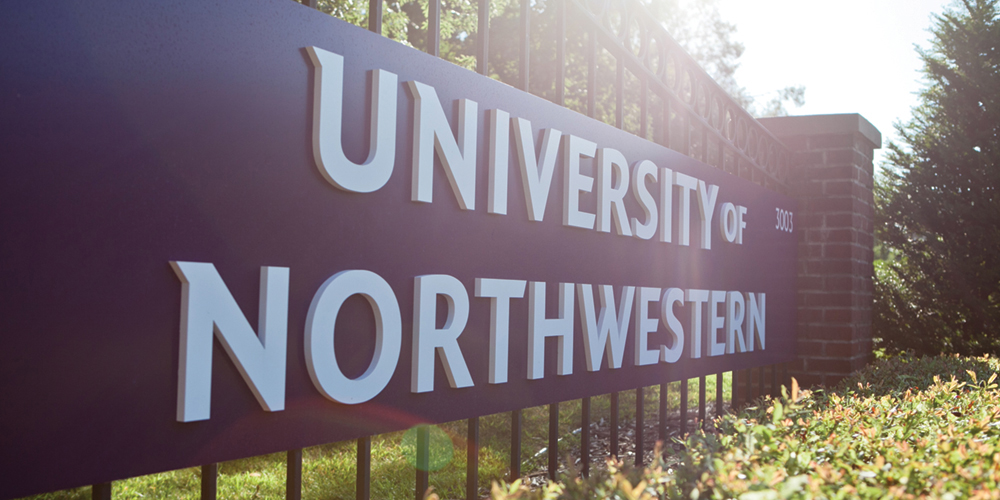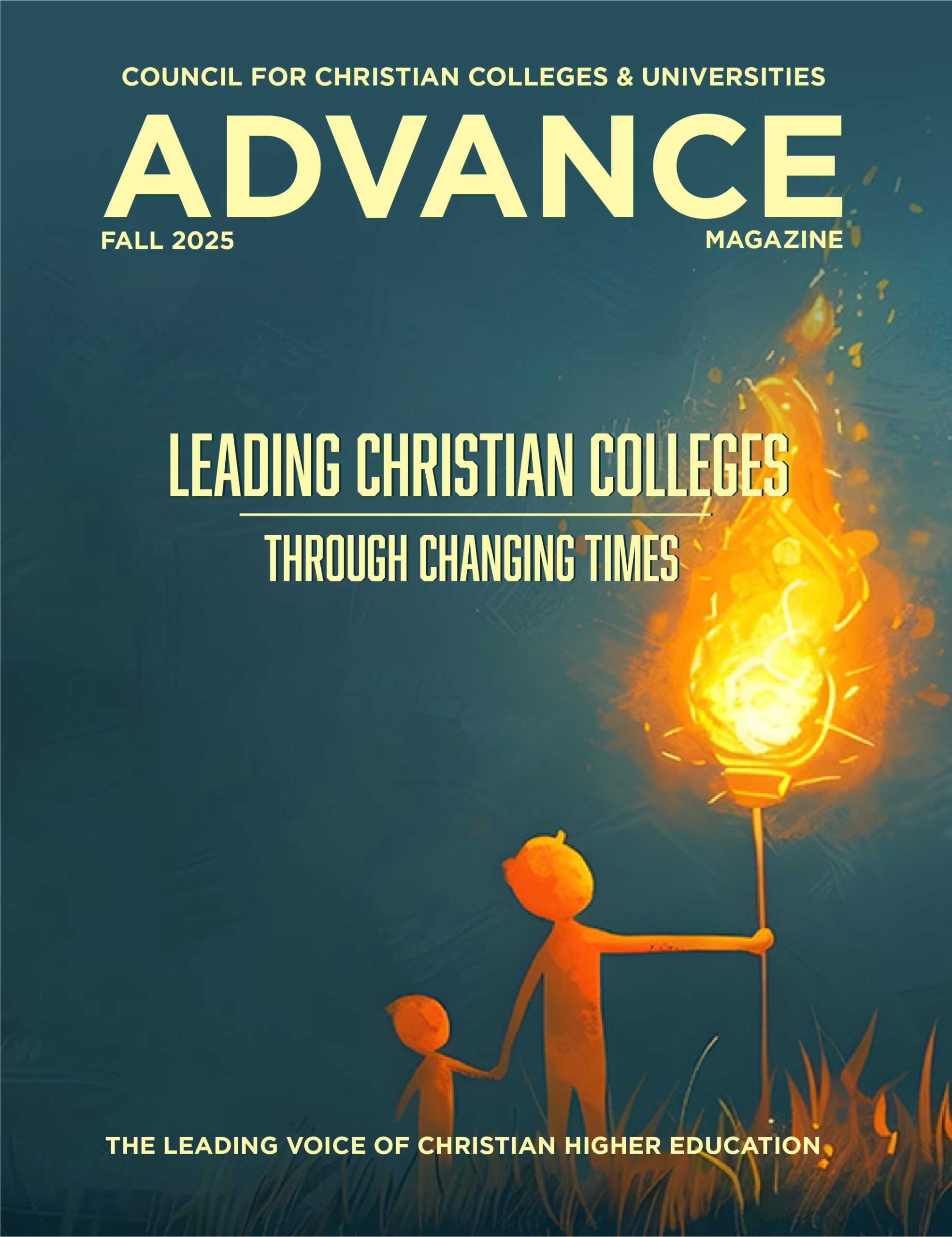Magazine
Over the last 40 years, textbook prices have increased by 945 percent, creating what some have dubbed a “second tuition” for students to pay. Tanya Grosz, dean of graduate, online, and adult learning and an assistant professor of English at the University of Northwestern – St. Paul (UNWSP), realized that this “second tuition” was making higher education unequally accessible to some of her students.
She decided that needed to change. Her solution? Partner with the Open Textbook Network, which promotes access, affordability, and student success through the use of textbooks that have an open copyright license and are freely available for student use. “This is a great way to start to say, we are going to try to reduce the cost barrier for our students; we are going to try to increase access for our students,” Grosz says.
UNWSP was one of the eight founding members of the Open Textbook Network, now an alliance of over 600 campuses, including several CCCU institutions. This network lifts the burden of textbook costs off many students, allowing them to let out a sigh of relief – or, in the case of one UNSWP chemistry class, erupt in spontaneous applause after learning their $300 chemistry textbook would no longer be a cost to them.
Getting to that point was not a simple process, Grosz says. She worked behind the scenes to get the idea up and running, utilizing a combination of top-down and grassroots efforts. The top-down efforts involved gathering administrative support; the grassroots approach began by talking with the faculty. Grosz’s work also involved the following:
- Raising awareness about student debt and the current financial realities;
- Partnering with librarians to ensure that UNSWP was fully utilizing already-purchased library materials when designing and revising courses; and
- Encouraging faculty to adopt and adapt open textbooks.
The first two elements weren’t difficult; faculty and administrators are well-aware of current financial realities facing students, and librarians want to ensure their resources are being used to their full capacity.
The third prong was the hardest to tackle, Grosz says. There were two common concerns: “The quality of open textbooks and the curtailing of academic freedom.” Key to helping faculty navigate this idea was not forcing them to adopt the open textbook format, but “equipping faculty with the understanding that this is an alternative,” Grosz says. “It’s always going to be the faculty member’s choice whether he or she adopts an open textbook.”
She actively encouraged her faculty members to give it a shot: “[I would say,] go look. Write a review. Determine for yourself whether this meets your students’ needs.” For even greater incentive, UNWSP offered qualified faculty a $200 stipend to review an open textbook in the Open Textbook Library.
A few faculty pioneers are all you need to get the momentum rolling, Grosz says. That’s due in part to the fact that “many [faculty] who have adopted their first [open textbook] then go on to adopt a second one because it’s been a good experience for them and their students.” UNWSP currently has 56 faculty adoptions of open textbooks, and they are hoping that number will grow.
Many of the faculty members are fond of their continual ability to improve the textbooks by being able to swap out, audit, and edit content, Grosz says. They are able to use multiple different textbooks and arrange them in a way that best serves their students.
Additionally, UNWSP now has a unique team structure in place for every new course designed on campus: It includes a professor, an instructional designer, and a librarian who work together to ensure that they are choosing the best possible resources for the course, including ones already available to students in the library at no extra cost.
Grosz and UNWSP did not stop at being a founding member of the Open Textbook Network or restructuring how they create new courses; they became the first school in Minnesota to create a “Z-degree,” or a zero-cost textbook degree. One professor in the philosophy department is also working to publish UNWSP’s first open textbook, thus bringing a faith-based perspective into the open textbook realm.
Through this work, Grosz hopes to encourage good stewardship of campus resources, both for faculty and students. “In my opinion, the open textbook initiative is equipping us to be really good stewards of our resources and to be mindful of the cost barriers for our students. If we can remove those [barriers] through open textbooks and [doing so] fits our curricular goals, then why wouldn’t we do that?”
—–
Kara Simmons is the CCCU’s government and external relations fellow. She is a graduate of The King’s College (New York, NY), and she will be pursuing her MA in economics at George Mason University (Fairfax, VA) in the fall.



